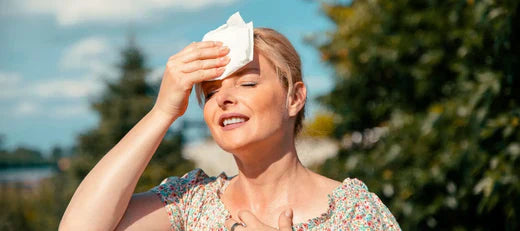
Is sweating good for skin: Understanding this essential body function
Sweating is a common bodily function of the skin. Whenever your body's temperature rises, the sweat glands are triggered by the nervous system to help your body cool down. Sweating is thus a very common cooling mechanism of the body. However, when these glands become overactivated, the skin sweats profusely at every false trigger. This is known as hyperhidrosis. However, Is sweating good for the skin? This article will provide you with the necessary information on sweating. Read along to know more.
What causes your skin to sweat
Sweating is how a body deals with high temperature. If your body temperature increases, the nervous system instigates the eccrine sweat glands to be activated. As a reaction to the thermal stimuli, the glands produce sweat to decrease the body's temperature.
Once the sweat evaporates, the skin gradually starts cooling down. Sweat glands are present all over the body, but the number of glands is higher in specific body parts like armpits, foreheads, palms, etc.
Is sweating good for the skin?
There is no definite answer to this question, as sweating, to a certain extent, is necessary for the body. However, sweating profusely can negatively impact your skin health. Let us look at some of the major benefits of sweating,
-
Hydrates the skin
Sweating moisturises the skin, which ultimately leads to increased hydration. Moreover, sweating helps retain the skin's water content and acts as a barrier. As the skin is naturally hydrated, the skin surface appears more glowing, fresher, and rejuvenated. The hydrating property of sweat is majorly beneficial for people suffering from dry skin conditions.
-
Naturally exfoliates the skin
Have you ever noticed that your skin gets back to its actual complexion when you sweat a lot after a heavy workout or any other similar activity? This is possible because sweating flushes out all the toxins in the body. Moreover, it also removes the dead and decaying cells on the skin's surface. This helps effectively deal with uneven skin tone, hyperpigmentation, etc.
-
Resist premature ageing
Sweating also possesses major anti-ageing properties, especially in the case of sweat induced by physical activities. Exercising helps enhance collagen production, which helps fight skin ageing symptoms like wrinkles, fine lines, skin sagging, etc. The basic science behind this is as we age, skin layers become thin, and their elasticity reduces to a certain extent. Hence, sweating stimulates the mitochondrial DNA to reverse the ageing symptoms.
-
Enhances circulation
As the body temperature rises and the sweat glands become activated, the blood vessels widen, enhancing blood flow throughout the body. Hence, this provides the face with a glow and radiance. In the long run, improved blood circulation will also aid you in successfully combating premature ageing.
-
Combats microbes
Dermcidin is an antimicrobial peptide naturally formed in the skin due to sweating. This microbe helps in destroying various harmful bacteria present in the skin. Thus saving the skin from succumbing to flare-ups and breakouts like acne and other skin conditions.
Can sweating damage skin?
Sweating is normally a body's cooling mechanism that is seemingly not harmful. However, to answer the common question - Is sweat good for your skin? It can be said that sweats also have a few disadvantages. Some of the major ones are as follows,
-
Clogs the pores
As sweating clears the skin of impurities and other toxins, washing your face immediately after sweating is important. If the toxic elements are left on the skin surface for longer, they can eventually clog the pores. This can lead to breakouts like acne.
Also read: Decoding the Science: Which Bacteria Triggers Acne?
-
Skin irritations
Along with dermcidin, sweating also produces ammonia and urea, which can contribute to skin inflammation and lead to various skin irritations like itching, redness, pain, stinging sensations, etc. Moreover, the sodium produced from the sweat can lead to dry skin if it is not washed immediately. Dry skin can give rise to various skin disorders like eczema, psoriasis, etc. Hence, cleansing your skin right after sweating is extremely essential.
-
Infections
Sweating clears the skin of many impurities like makeup residues, dirt, dust, grit, etc. However, if sweat is left on the skin surface for a prolonged time, it can cause various skin infections. Additionally, if the toxic elements are trapped between your clothes and the skin, it might lead to chaffing.
How to manage a sweaty face
The basic trick to deal with a sweaty face is cleansing the skin, i.e., washing off the toxic substances from the skin surface. However, cleaning your skin with water or cleaners might not be enough, especially in the summer. Here are some tips to effectively deal with sweaty faces,
-
Use a mild face wash
Cleansing your face is paramount. However, opt for gentle face washes like Clearing & Calming Acne Face Wash, which will help clean your pores and wash off all pollutants from the skin without causing any irritation. Harsh face washes can cause dryness and other skin conditions.
-
Add a toner to your routine
Suppose you seek to reduce sweat production and integrate toner into your skincare routine. Toners usually have ingredients that can control sweat (sebum) and oil production in the skin. Moreover, they can also balance the skin's pH, contributing to reduced sweat production.
-
Choose gel-based moisturisers
Skin with excessive sweating means that the oil production, in this case, is increased. Hence, oil or cream-based moisturisers are not the best options in such a situation. Rather, it is best to use gel-based moisturisers like the Waterlight Gel Moisturiser that can hydrate the skin yet not add to the skin's oil production.
-
Do not forget the sunscreen
Sweating under the sun will require a broad-spectrum sunscreen with an SPF quotient of more than 30, like Dewy Hydrating Hybrid Sunscreen SPF 50+. This will help you protect your skin from the sun's harmful UVA and UVB rays.
Conclusion
In conclusion, sweating, in general, is not harmful. However, if the toxic substances emitted are left on the skin surface for a prolonged period, it can adversely affect your skin.
Also read: Does Sweat Cause Pimples?
FAQs:
-
Why do I sweat so much?
Probably, you have overactive sweat glands that are stimulated by faulty nerve signals
-
Does over-sweating mean I have hyperhidrosis?
Over-sweating does not essentially mean hyperhidrosis; there can also be other reasons.
-
Is sweat good for the face?
Sweating is not harmful, but retaining impurities on the face for a long time negatively impacts your face.






















































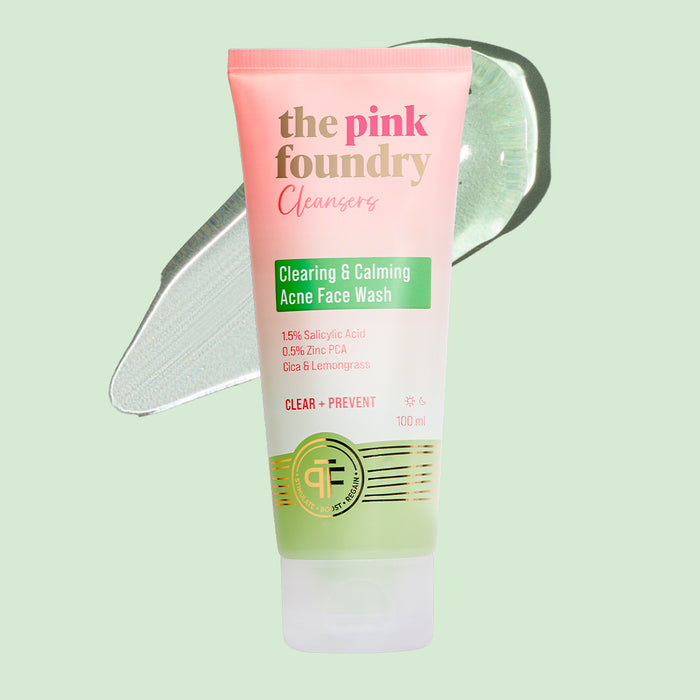
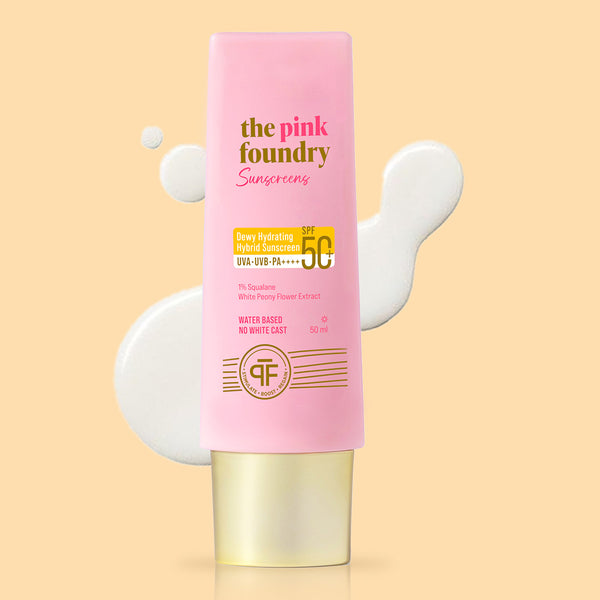

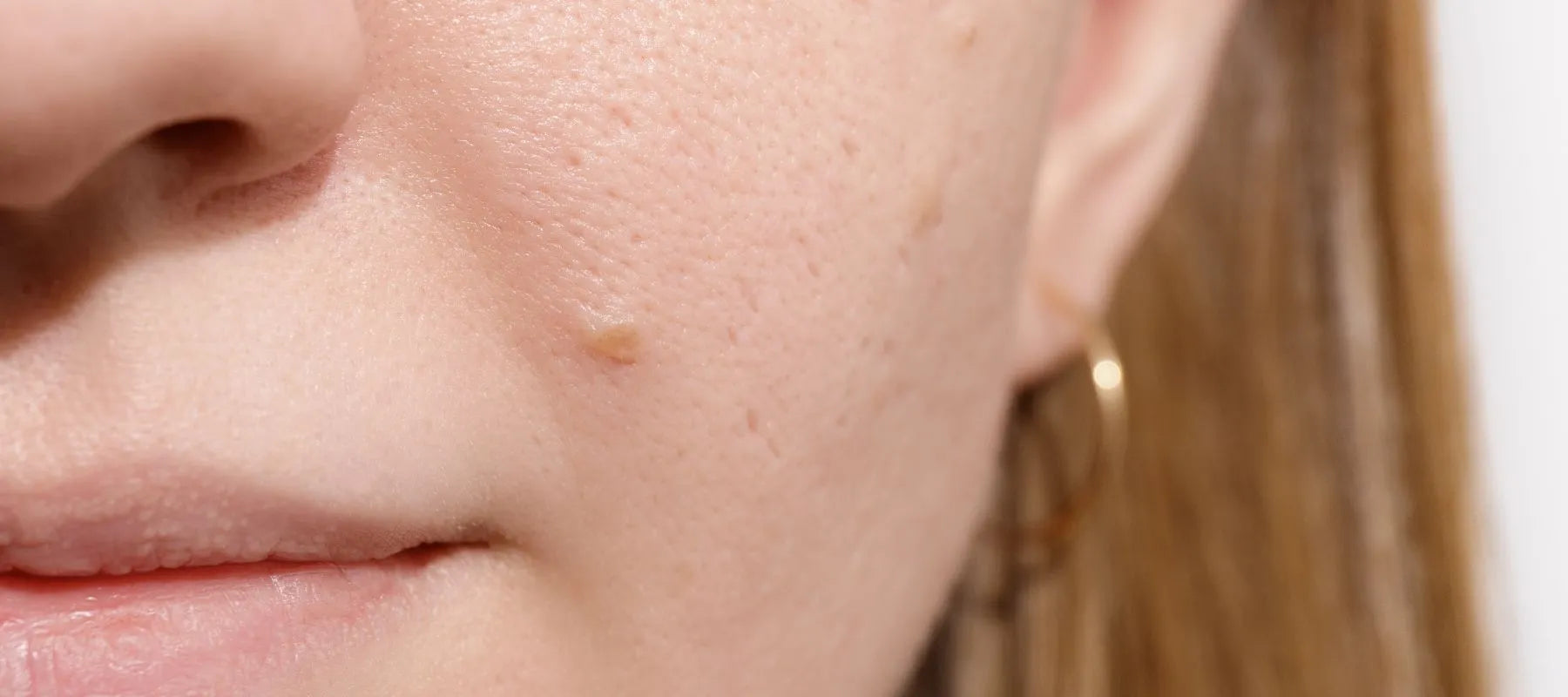
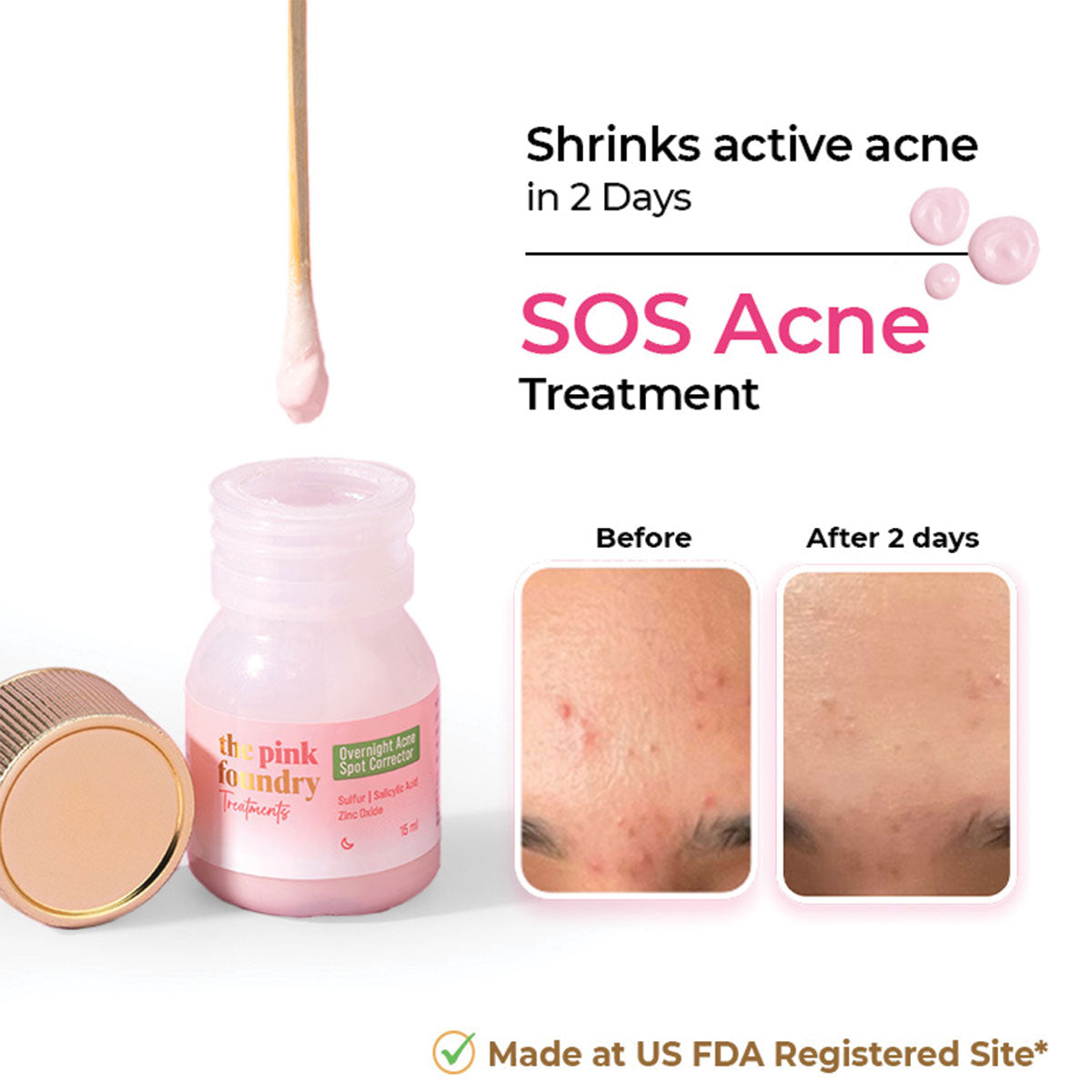
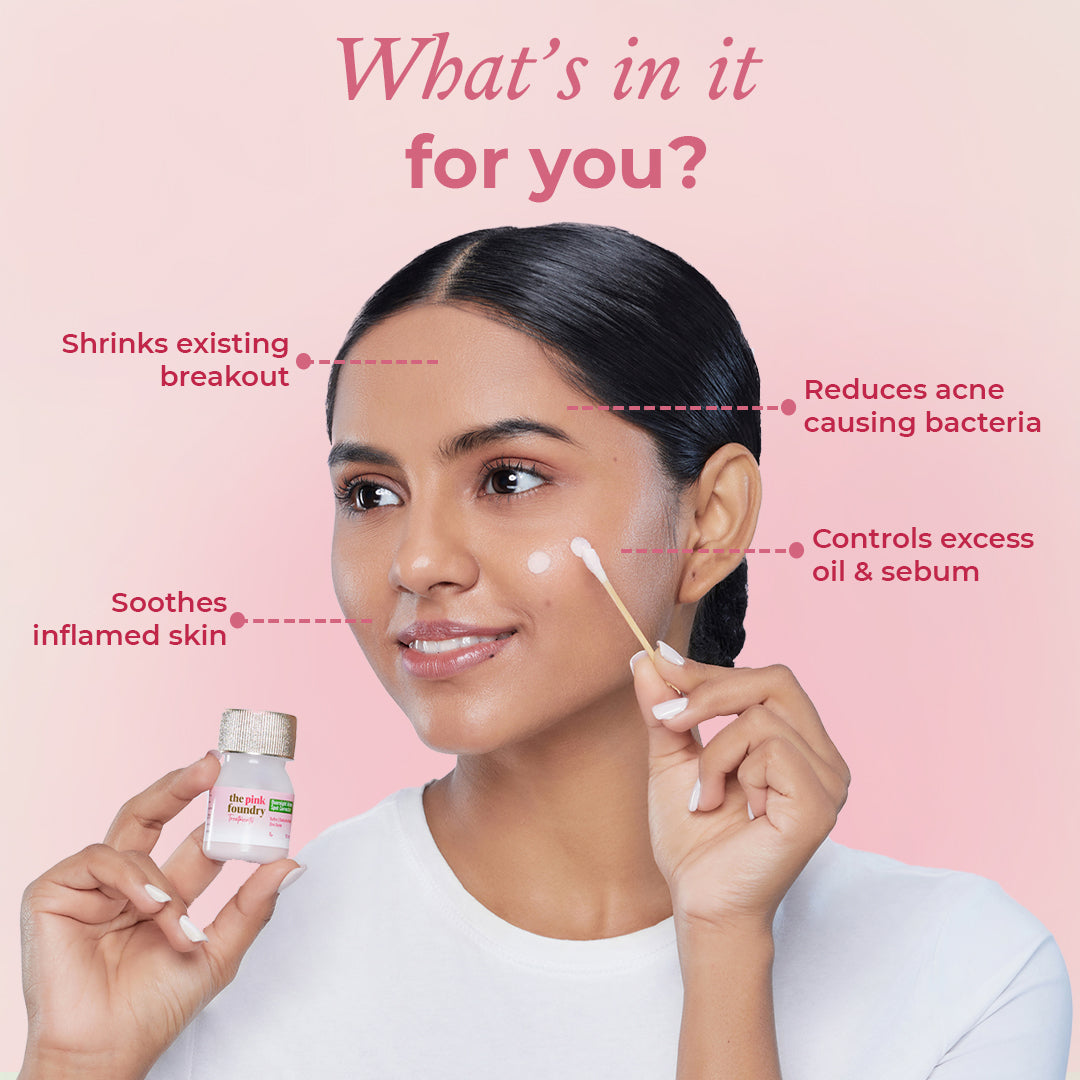


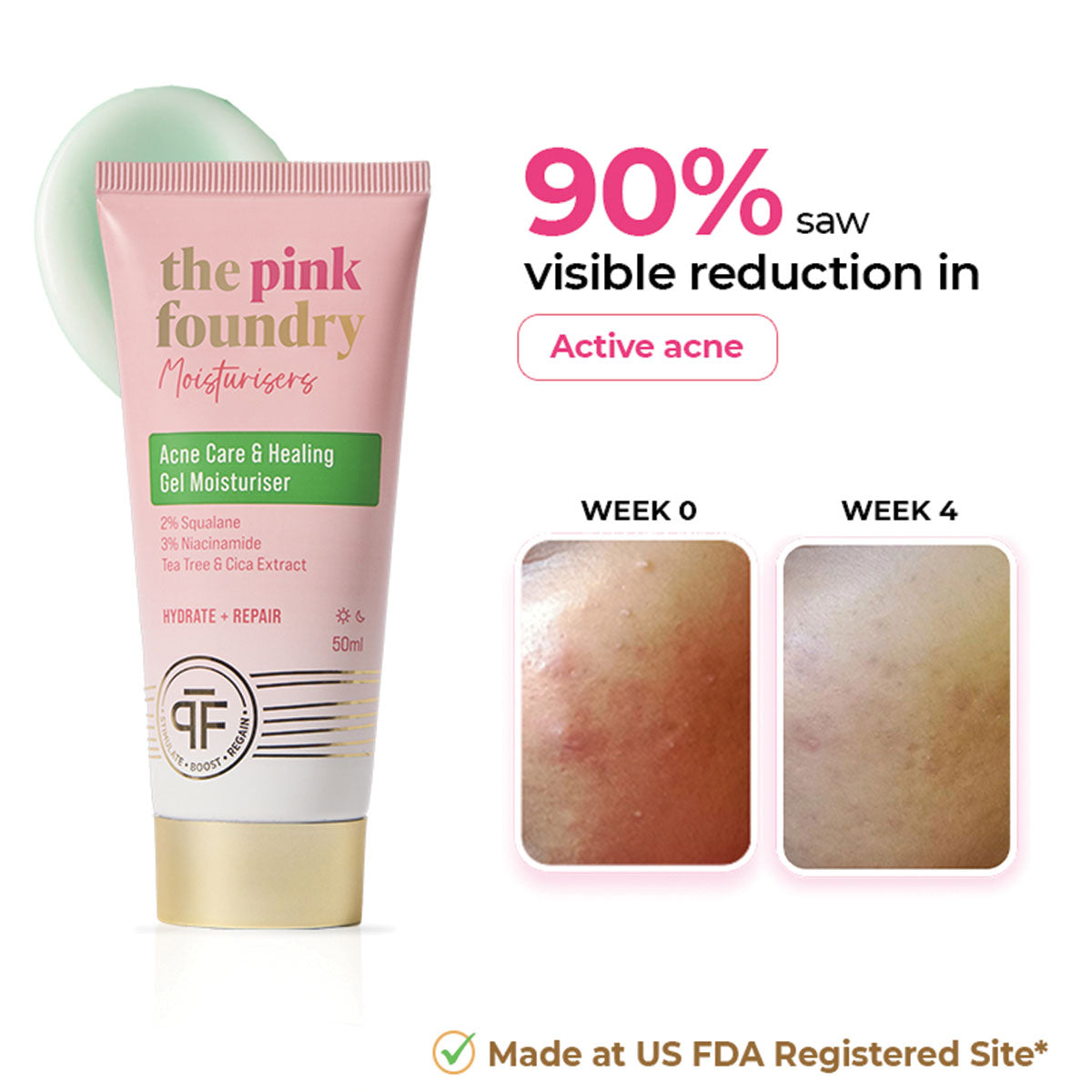
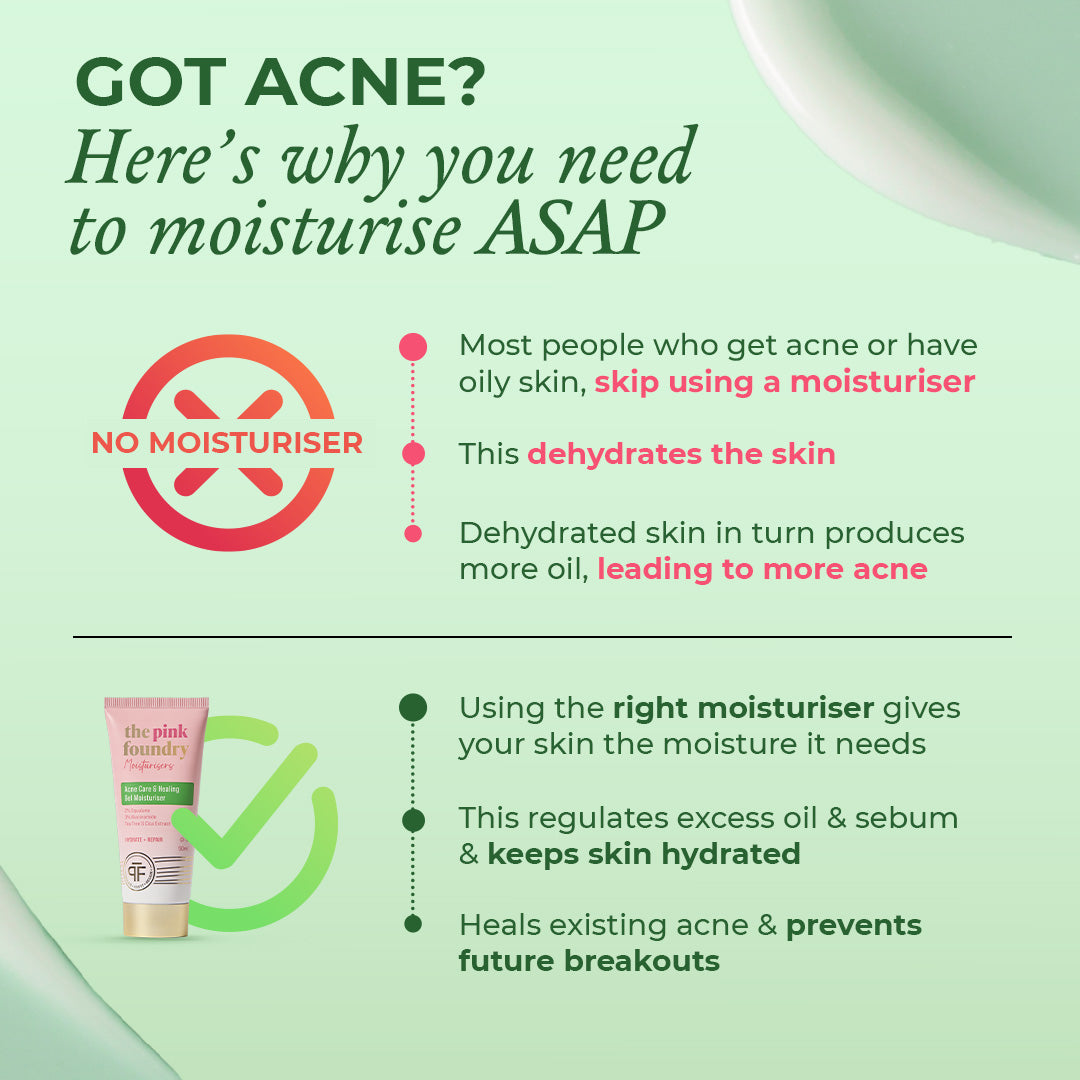










Leave a comment
This site is protected by hCaptcha and the hCaptcha Privacy Policy and Terms of Service apply.